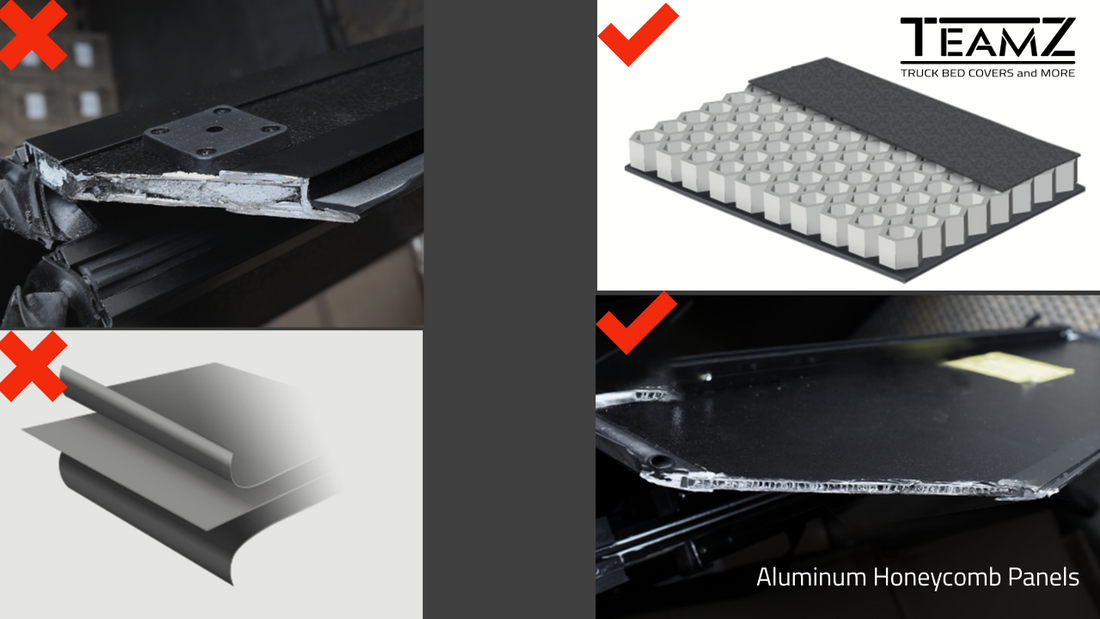
Comparison of Pickup Tonneau Cover Materials
Share
Hard tonneau covers are made from various durable materials, each with strength, waterproofing, security, and weight advantages. Here’s a breakdown of the most common materials:
1. Aluminum (Most Popular & Durable)
✔ Pros:
- Lightweight yet strong
- Corrosion-resistant (powder-coated)
- Good water resistance with rubber seals
✔ Cons:
- Can dent under heavy impact
- More expensive than soft covers
2. Fiberglass (Best for Security & Waterproofing)
✔ Pros:
- Most secure – solid, one-piece design
- Excellent waterproofing with tight perimeter seals
- Stylish, factory-paint match available
✔ Cons:
- Heavy – difficult to remove alone
- Expensive
3. Polycarbonate / ABS Composite (Impact-Resistant & Lightweight)
✔ Pros:
- Impact-resistant – won’t dent like aluminum
- Lightweight for easier handling
- Good weather resistance
✔ Cons:
- Can fade over time under extreme sun
- Not as strong as aluminum
4. Steel (Rare, but Maximum Strength)
✔ Pros:
- Strongest material – can handle heavy loads
- Highly secure against theft
✔ Cons:
- Heavy – difficult to install/remove
- Prone to rust if not coated properly
When it comes to soft tonneau covers, the materials used play a big role in how durable, weather-resistant, and secure the cover is. Here's a breakdown of the most commonly used soft tonneau cover materials:
1. Marine-Grade Vinyl (Most Common & Weather-Resistant)
✔ Pros:
- Water-resistant – effectively repels rain and moisture.
- Durable – resistant to UV rays, mildew, and harsh weather conditions.
- Affordable – one of the most budget-friendly options.
- Easy to maintain – quick to clean and maintain.
✔ Cons:
- Not as secure – can be slashed or cut open easily.
- Can sag over time – may need re-tensioning for a snug fit.
- Prone to fading in prolonged sunlight exposure.
2. Canvas (Fabric-Based Material) (More Durable & Premium)
✔ Pros:
- More durable than standard vinyl – resists wear and tear over time.
- Flexible – performs well in both hot and cold temperatures.
- Breathable – reduces condensation buildup beneath the cover.
- Aesthetic appeal – provides a more premium, matte finish.
✔ Cons:
- More expensive than vinyl.
- Less waterproof – more prone to absorbing moisture compared to vinyl.
- Requires more maintenance – needs reconditioning and regular cleaning.
3. Polyester-Coated Vinyl (Lightweight & Budget-Friendly)
✔ Pros:
- Lightweight – easy to roll or fold, great for versatility.
- Affordable – cheaper than marine-grade vinyl and canvas options.
- Resistant to cracking – holds up better in colder weather.
✔ Cons:
- Less durable – more prone to wear and tear over time.
- Less waterproof – may require extra weatherproofing for heavy rain.
- Fades more quickly than more premium materials.
4. Dual-Layer Vinyl with Reinforced Mesh (Stronger & More Tear-Resistant)
✔ Pros:
- Stronger – the dual-layer construction offers enhanced tear resistance.
- Rigid structure – doesn’t sag as much, offering a firmer fit.
- More secure – harder to cut through compared to single-layer materials.
✔ Cons:
- More expensive than basic vinyl options.
- Not as strong as hard truck bed covers – still susceptible to punctures and cuts.
